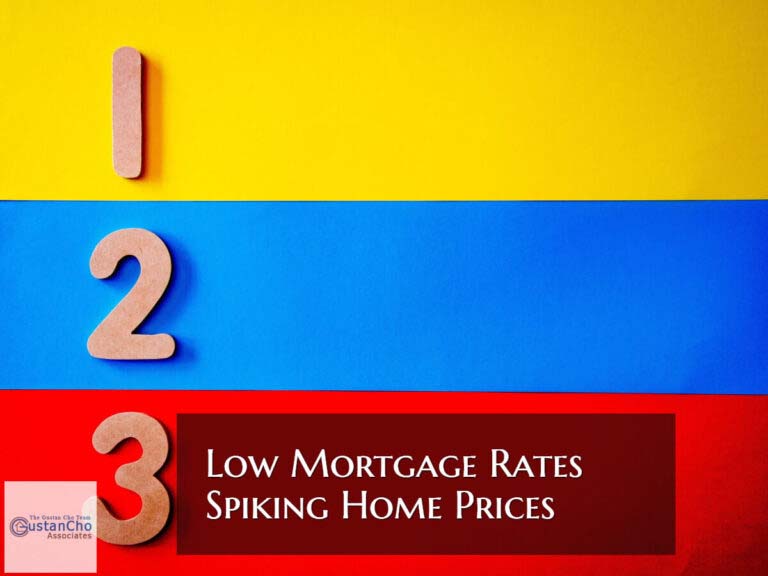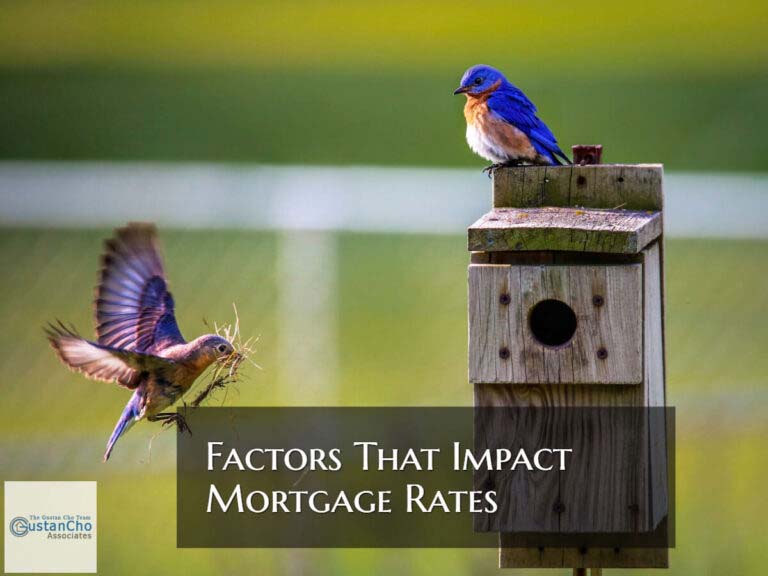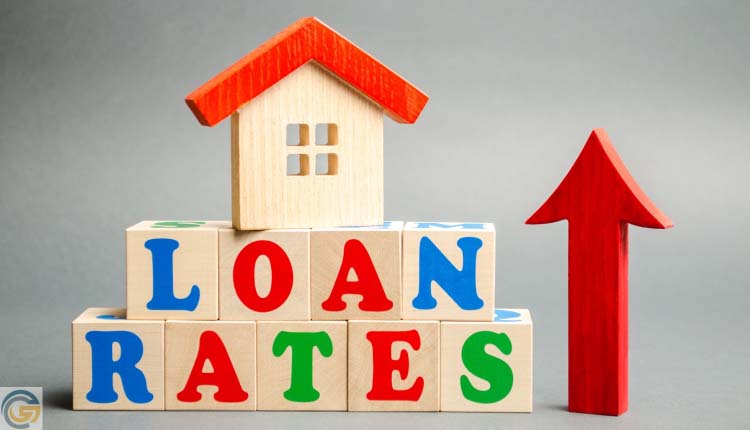Loan Level Pricing Adjustments By Lenders on Pricing Rates
In this guide, we will explain and cover what loan level pricing adjustments (LLPAs) by mortgage lenders are and how it works. LLPAs are pricing hits to par rates charged by lenders due to the risk levels of the borrower. The higher the risk, the higher the mortgage rates the lender will charge. Not all mortgage lenders have the same rate. Some lenders may not have loan level pricing adjustments the competition has the LLPA on. Yet, some lenders’ loan level pricing adjustments may be substantially higher than other lenders.
Do All Mortgage Lenders Have The Same LLPAs?
This is because not all lenders have the same loan level pricing adjustments on what lenders consider layered risk factors. This is why it is important to shop for mortgage rates when you are buying a home. Whether you have the best credit or bad credit, you should shop for the best rates and terms when shopping for a mortgage. In the following paragraphs, we will discuss and cover how mortgage lenders price mortgage rates and what loan level pricing adjustments are.
How Are LLPAs Calculated?
Low credit scores mean the borrower is at high risk. Therefore, the borrower will have tiered loan level pricing adjustments based on the borrower’s credit scores. The loan level pricing adjustments are not uniform among all lenders. Each lender has its own loan level pricing adjustments for each risk category.
Who Determines Whether Loan Level Pricing Adjustments Are Necessary?
Each individual mortgage lender determines whether loan level pricing adjustments are necessary. One lender may have an LLPA on gift funds whereas a different lender may not. One lender may have a loan level pricing adjustment on loan size but a different lender may not. One lender may have a loan level pricing adjustment on manual underwriting whereas a different lender may not.
What Affects Your Mortgage Rate Quote?
Some lenders may have a higher loan level pricing adjustment on credit scores than other lenders. Some lenders may have an LLPA on one factor but not on another. This is why it is important to shop for rates and terms when shopping for a mortgage. Loan level pricing adjustments are based on the financial assessment of each individual borrower and the risk factor the lenders take.
What Determines Mortgage Rates?
Not all borrowers get the same rate. Let’s take the example of two homebuyers. Homebuyer A and Homebuyer B. Both homebuyers are buying the exact same house with the same option from a home builder. Both homes are priced at $400,000. Both homes have 4 bedrooms, three bathrooms, identical options, and quarter-acre lots. Homebuyer A has a 730 FICO and Homebuyer B has a 580 FICO credit score. Homebuyer A will get a prime rate of 5.0% and Homebuyer B will get quoted a 6.5% rate from the same mortgage lender. Why is it that homebuyer B is getting such a high mortgage rate versus Homebuyer A? Due to the loan level pricing adjustments for the lower rate.
Typical Loan Level Pricing Adjustments By Mortgage Lenders
Frequently asked questions at Non-QM Mortgage Lenders is what elements decide mortgage rates? There are certain factors beyond a borrower’s control that determine rates. However, there are many factors borrowers can remedy to get the best possible mortgage rate. Many variables do not entirely settle your home loan. Some are inside your control, and some aren’t. With the consciousness of these factors, you can have positive expectations about getting the lowest rate possible when you get a mortgage.
How Mortgage Lenders Price Rates
Mortgage lenders have pricing hits, loan level pricing adjustments, on factors they feel are risk tolerance levels. The higher the risk, the higher the loan level pricing adjustments. The biggest factor in determining mortgage rates is the borrower’s credit scores. The higher the borrower’s credit scores, the lower the rate. Par rate means what rates are based on. Par rates on home loans are normally 740 FICO. Any credit score lower than the par rate will get charged an LLPA which is a pricing hit to the par rate. The worst rates will be for borrowers with credit scores lower than 620 FICO. Some borrowers under 580 credit scores may get charged discount points.
LLPAs on Loan To Value
The loan to value on a home is determined by the loan amount divided by the appraised value of the home. Suppose you make a $20,000 initial investment on a $100,000 house. The loan to value the home will be 80% LTV. The lower the loan to value on a home, the lower the risk for the mortgage lender. Therefore, high loan values may have an impact on rates since the lender may hit you with a loan level pricing adjustment on LTV.
How To Get The Best Mortgage Rates
The best way to get the best mortgage rates is to boost your credit scores. There are some quick tricks where you can maximize your credit scores. The team at Non-QM Mortgage Lenders can help borrowers with lower credit scores maximize their FICO so they can get the best possible rates. Just paying down the credit card balances to a 10% credit utilization ratio can skyrocket your scores. There are other tricks of the trade we can help you with. Remember, that not all mortgage lenders offer the same rates.
Who Offers The Best Rates: Mortgage Bankers or Mortgage Brokers
There is no such thing as free in the mortgage industry. The higher compensation a lender makes, the consumer ends u paying. Mortgage brokers by law cannot make more than 2.75% yield spread premium. Mortgage bankers are not capped on their compensation and do not have to disclose how much money they make on the back end. Most mortgage bankers will make higher than a 6.00% yield spread premium on the back end. Therefore, the borrower will end up paying a higher rate with mortgage bankers versus a mortgage broker.
Best Lenders With The Lowest Rates
Mortgage bankers normally have higher rates than mortgage brokers. It is wise to shop for rates when shopping for a home or looking to refinance. In many instances where homebuyers purchase a home with a non-QM loan, they may want to refinance to a traditional home loan once they qualify. Do not take the first lower rate you get from a mortgage lender. A slightly lower rate on your home loan can mean tens of thousands of dollars in savings over the course of the loan term.







